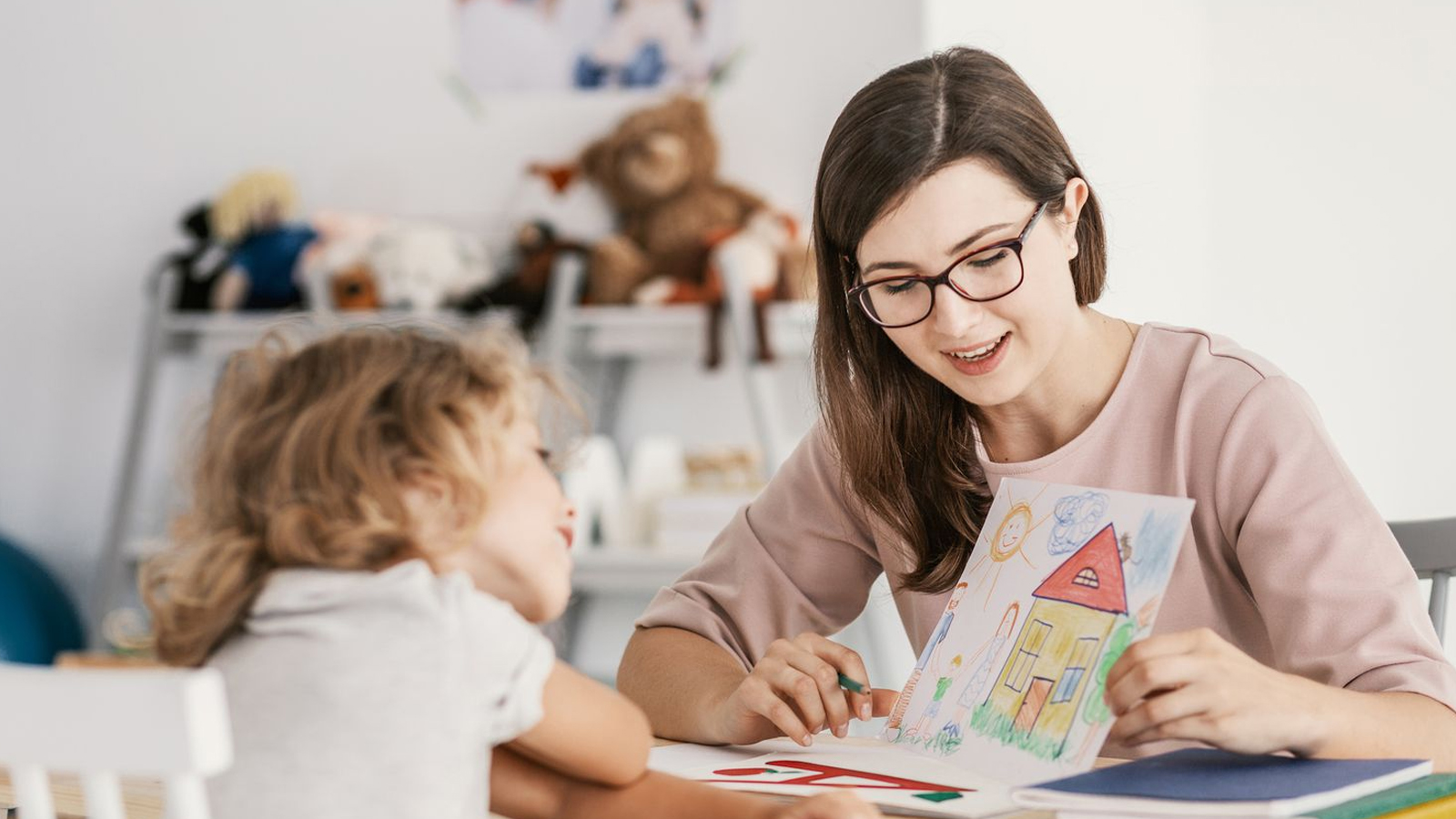As we embrace the joys of the holidays, it’s essential to consider the unique needs of
our children who are neurotypically presenting. Preparing them for these events can
foster confidence and reduce anxiety, ensuring they have a positive experience. In this
blog, we’ll explore practical strategies to help you, and your child navigate social
situations, from setting clear expectations to creating a comfortable environment.
Together, we can turn gatherings into opportunities for connection, fun, and growth!
As we embrace the joys of the holidays, it’s essential to consider the unique needs of
our children who are neurotypically presenting. Preparing them for these events can
foster confidence and reduce anxiety, ensuring they have a positive experience. In this
blog, we’ll explore practical strategies to help you, and your child navigate social
situations, from setting clear expectations to creating a comfortable environment.
Together, we can turn gatherings into opportunities for connection, fun, and growth!
Preparing for social gatherings with a child with autism can be rewarding but may
require some extra planning. Here are 10 tips to help make the experience more
comfortable and enjoyable for both of you:
1. Prepare in Advance
- Discuss the Event: Talk about what to expect at the gathering. Use visuals or social stories if that helps your child understand the setting and activities.
- Practice Social Skills: Role-play interactions your child might have, like greeting others or asking to play.
2. Set Clear Expectations
- Define Behavior Expectations: Explain how you’d like them to behave, using clear and simple language.
- Use Visual Schedules: Create a visual schedule that outlines the event’s structure, including arrival, activities, and departure times.
3. Bring Comfort Items
- Familiar Objects: Bring along a favorite toy, fidget, or sensory item that can help your child feel more secure in a new environment.
- Noise-Canceling Headphones: If your child is sensitive to noise, having headphones can help reduce sensory overload.
4. Plan for Breaks
- Quiet Space: Identify a quiet area where your child can take breaks if they feel overwhelmed.
- Scheduled Downtime: If possible, plan some downtime during the event to recharge.
5. Involve Them in Planning
- Choices: Give your child choices regarding what they want to do at the gathering (e.g., what snacks to bring, who to invite).
- Participation: Encourage them to help with preparing for the event, such as selecting an outfit or snacks.
6. Set a Time Limit
- Duration: Decide in advance how long you’ll stay, so your child knows what to expect. You can always extend the time if they’re enjoying themselves.
7. Monitor Sensory Needs
- Observe Behavior: Pay attention to your child’s body language and signals. If they start to seem anxious or overwhelmed, it’s okay to leave early.
8. Communicate with Hosts
- Inform Hosts: Let the hosts know about your child’s needs in advance so they can help create a welcoming environment.
9. Reflect After the Event
- Discuss the Experience: Talk about what went well and what could be improved for next time. Celebrate any successes!
10. Be Patient and Flexible
- Stay Calm: Your child may react unexpectedly, and it’s important to remain calm and adaptable to their needs.
Every child is different, so it’s important to tailor these suggestions to fit your child’s
specific preferences and needs. With some preparation, social gatherings can be
enjoyable for both of you! If you feel that you need additional support, training and
guidance on preparing your child for the upcoming holidays and events, reach out to
your BCBA at Empower ABA and set up some additional parent trainings and support
meetings to work on this plan together!

